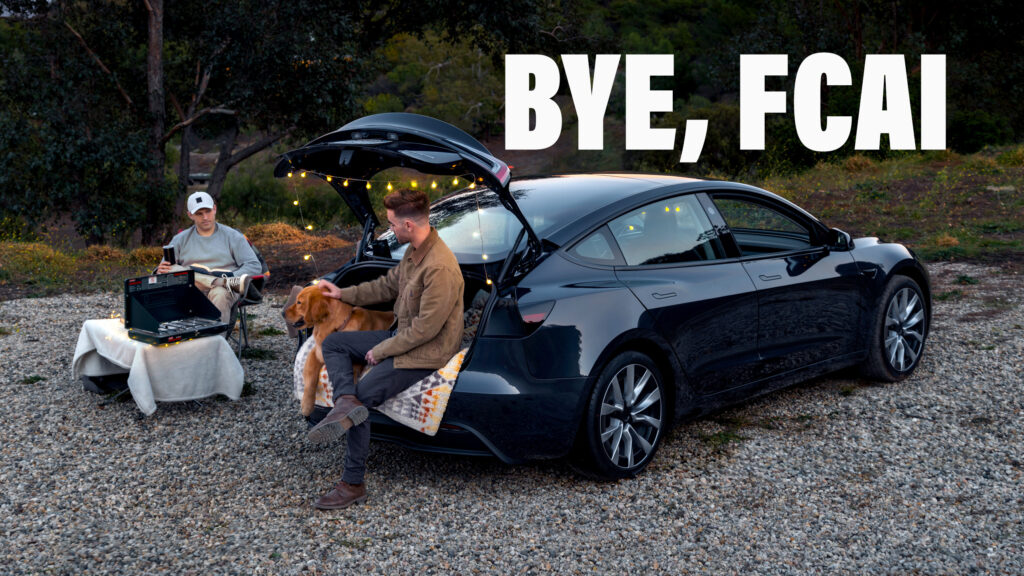In an open letter, Tesla has accused Australia’s leading automotive lobby of disseminating false claims regarding proposed regulations to cap fuel efficiency standards. The company stated its intention to exit the group in June. Polestar is reportedly contemplating a similar course of action.
Australia is among the only developed countries that do not have regulations mandating fuel efficiency standards. Its government recently announced plans to introduce rules similar to those in the U.S., prompting the Federal Chamber of Automotive Industries (FCAI), the nation’s largest auto lobby group, to allege that such rules will lead to price increases for consumers.
However, Tesla challenged that position, and pointed to other countries in which emissions regulations have been introduced and didn’t lead to jumping prices. It added that it believes the FCAI’s comments could have impacts on consumer behavior before any regulations actually pass, impacting EV sales in the country.
Read: Australian Organization Busts Vehicles For Big MPG Gaps In Real-World Test

“If consumers believe that the FCAI truly speaks for car companies when claiming that more polluting vehicles will increase by as much as $13,000 next year, they may rush to purchase the most inefficient vehicles in anticipation of soaring resale values,” Tesla wrote.
The automaker also questioned the ethics of the FCAI making predictions about prices. It said it has requested that Australia’s competition monitor investigate the lobby group’s comments.
“Tesla is also concerned that it is inappropriate for the FCAI to foreshadow or coordinate whether and how competitor brands implement price changes in response to environmental regulations,” it said in its letter.
And Tesla isn’t alone in its opposition to the organization, reports ABC. The FCAI has been criticized by environmental groups that have called its claims “misleading.” However, the lobby group said that it was concerned with how aggressive Australia’s proposed New Vehicle Efficiency Scheme is. It claimed it wanted rules that met the needs and wallets of Australian consumers.





